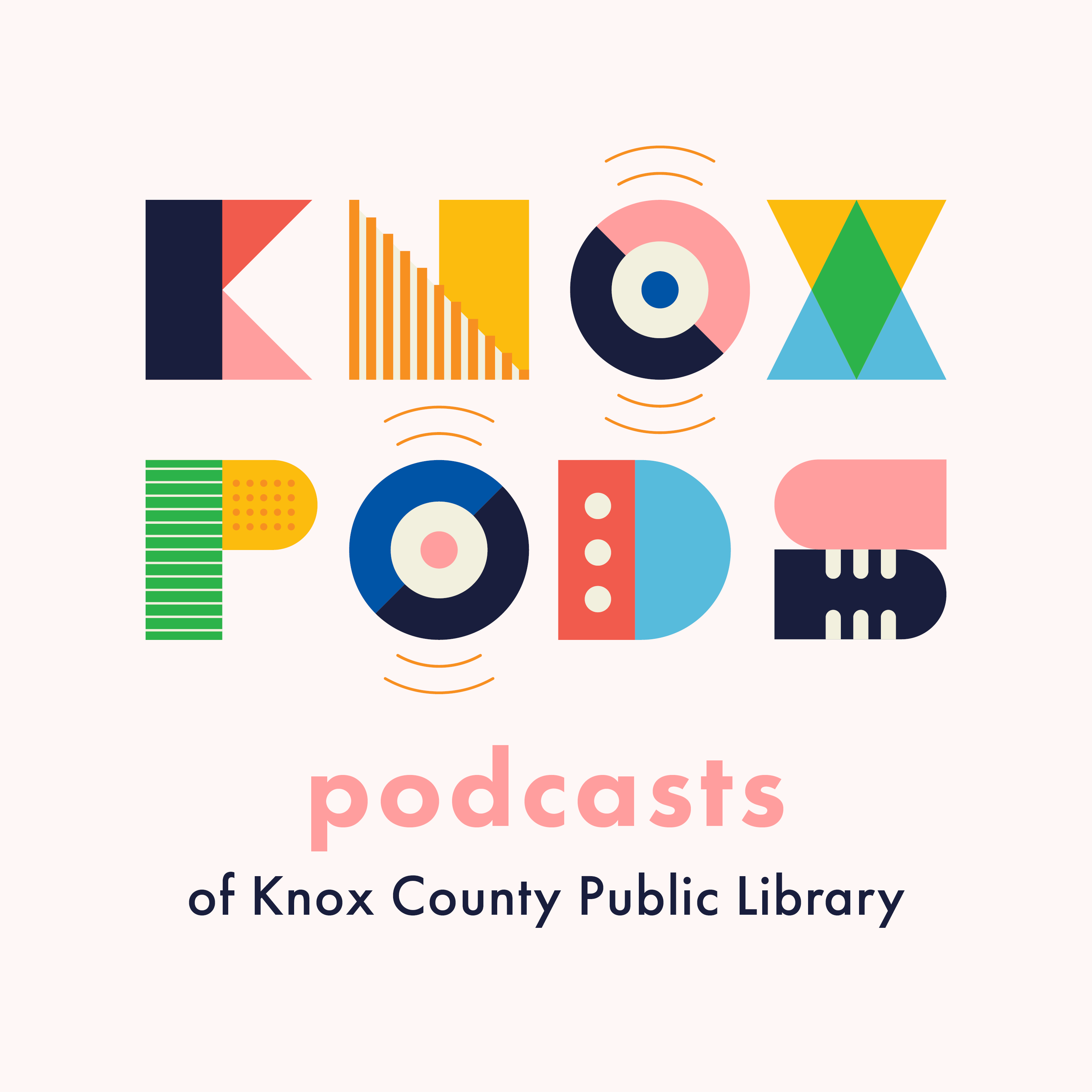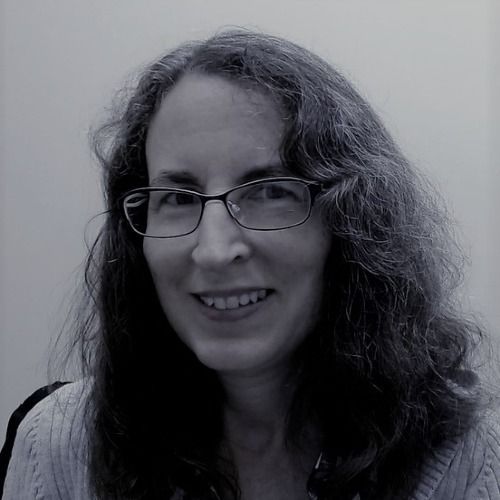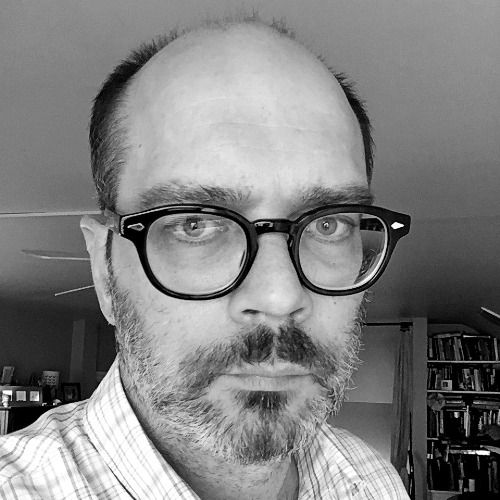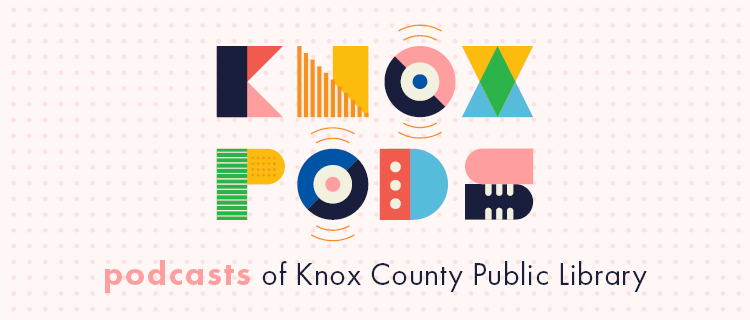full
The Beat: Todd Davis
Todd Davis is the author of seven books of poetry. His most recent collections are Coffin Honey and Native Species. His book Ditch Memory: New and Selected Poems is forthcoming from Michigan State University Press in August of 2024. He has won the Midwest Book Award, the Foreword INDIES Book of the Year Bronze and Silver Awards, the Gwendolyn Brooks Poetry Prize, the Chautauqua Editors Prize, and the Bloomsburg University Book Prize. His poems appear in such journals and magazines as Alaska Quarterly Review, American Poetry Review, Gettysburg Review, Iowa Review, Missouri Review, North American Review, Orion, Southern Humanities Review, and Western Humanities Review. He is an emeritus fellow of the Black Earth Institute and teaches environmental studies at Pennsylvania State University’s Altoona College.
Links:
Read "For a Stray Dog near the Paper Mill in Tyrone, Pennsylvania" in 32 Poems
Read "Burn Barrel" at Broadsided
Ditch Memory: New and Selected Poems, forthcoming in August 2024
Bio and Poems at the Poetry Foundation
Two poems in North American Review
Transcript
Welcome to The Beat, Knox County Public Library’s poetry podcast. Today, we’ll hear Todd Davis read his poems "Free Write," "Burn Barrel," "Gnosis," "Returning to Earth," and "For a Stray Dog near the Paper Mill in Tyrone, Pennsylvania."
Todd Davis:"Free Write"
The teacher asks the class
to get out their journals.
The girl who sits in the corner
looks out the window.
Like her mother’s eyes,
fog droops over the ridges
and makes false promises
about rain. The girl writes,
The sky swirls like a plate
of stones. She writes,
There’s a fox skeleton
lodged beneath the bridge
no one knows about.
She draws a picture
of a thrush, scribbles a single
word for its song
and covers it. She thinks,
What’s a word as sour
as sheep sorrel’s leaf?
She whispers, Why doesn’t
my tongue shimmer
when it speaks?
"Burn Barrel"
A girl is throwing trash at the flames. Anything that will burn. Plastic milk jugs, cardboard boxes, the electric panels of broken toys and the needled syringes her mother uses to shoot insulin into her thighs. The fire smolders, gray to-black-to-purple, mutating into a green plume like the peacock feather she bought when her class took a trip to the zoo. She slips a caramel between her lips, stolen from her grandmother’s pink candy dish. She watches snow fall and the wind blow across the mouth of the barrel, whistling smoke into a field of corn-stubble, shading a trail to the edge of the woods where each day it grows dark a little earlier. She hears the snowplow on the county road, sees sparks as the blade strikes asphalt. When her stick stirs what’s left of the flames, she feels the sugar in her body rise against the barrel that warms her. She feeds the fire that melts the sky.
"Gnosis"
In a blue river made of snowmelt
that forms this valley of aspen and alder,
I fish with my sons until summer’s light fades
in the recesses of a canyon.
While hunting alone I entered a small cave
to take shelter from a passing squall
and found the bones of a bear cub
curled in a circle of trust.
Someday when the white fields disappear
and only rain falls from the heavens,
this river will vanish too.
The trout we catch have throats that shine
with a bright red mark, suggesting the role
blood plays in betrayal.
A woman who is long dead told me
that when a river passes away, it holds
the memory of itself in the silt left behind.
When our species is extinct,
what animal will carry the memory
of our lives?
"Returning to Earth"
with an epigraph by Czeslaw Milosz:
"...trust in the light that shines through earthly forms."
At the bottom of an abandoned well
dug more than a century ago
the moon rises from the center
of the earth, a crust of ice
forming around its edges.
The stand of larch outside
our bedroom window
sways, golden needles
stirring the air
underneath its boughs.
I open the window to hear
the river sailing away riding
the stone boat of the basin,
carved by spring floods.
Beyond the feint light
of a candle, your voice asks
if we might touch and remember
how our children were made,
how the bodies of our parents
were returned to earth.
I want our children’s hands
to hold the river, to watch it spill
through their fingers, back to a source
older than our names
for God.
Beneath a waxing moon
we’ve witnessed animals
dragging their dead into the light.
Tonight we imagine some
suckling their young
who are born blind
in these coldest months.
Soon the river will freeze,
and come morning we’ll break
the ice in the well
so we may drink.
In dark's shelter I place the words
of a prayer upon your tongue.
You are gracious, saying
the prayer back
into my waiting mouth.
"For a Stray Dog near the Paper Mill in Tyrone, Pennsylvania"
with an epigraph from William Stafford:
"Is that life?—to stand by a river and go."
The dog bends her ear to the steel tracks as they begin to hum. Part shepherd part hound, her gait is smooth, and when she trots across the bridge that connects our mountain to the town, she appears to float: each pad-strike pushing air like the broad beat of geese who V the gap of the river. Where water widens and slushes in the slow flow of January, if you look up, you’ll see the sky break into pieces around the bridge’s rusted arches. The train won’t arrive for another few minutes so the dog pauses at the end of the bridge to inspect the abutment. Poured more than a century before, the stone soaks up the curried piss, which like the dog’s tracks will wash away in March’s meltwaters. She sniffs an abandoned refrigerator, door askew like a broken wing, then trails after deer scent behind a tangled screen of branches. Downriver the clack of the train echoes and multiplies, and near the bend where the paper mill stands, an osprey releases from the top of a snag: bird’s sharp cry impossible to hear over the rail squeal that deafens the boy who cups his hands and hollers after a dog with no name.
Alan May:You just heard Todd Davis read his poems "Free Write," "Burn Barrel," "Gnosis," "Returning to Earth," and "For a Stray Dog near the Paper Mill in Tyrone, Pennsylvania." He was kind enough to record these poems for us at his home in Tipton, Pennsylvania. Todd Davis is the author of seven books of poetry. His most recent books are Coffin Honey and Native Species; both were published by Michigan State University Press. He has won the Midwest Book Award, the Foreword INDIES Book of the Year Bronze and Silver Awards, the Gwendolyn Brooks Poetry Prize, the Chautauqua Editors Prize, and the Bloomsburg University Book Prize. His poems have appeared in The American Poetry Review, The Gettysburg Review, Alaska Quarterly Review, North American Review, The Iowa Review, and hundreds of other magazines and journals. He is an emeritus fellow of the Black Earth Institute, and he teaches environmental studies at Pennsylvania State University’s Altoona College. You can find books by Todd Davis in our online catalog. Also, look for links in the show notes. Please join us next time for The Beat.
